McThuggets
Member
- Joined
- Sep 29, 2021
- Messages
- 27
- Reaction score
- 8
- Points
- 1,135
- Age
- 24
Hey all,
Recent grad here looking for advice and just to discuss the idea of becoming a specialist vs a generalist.
I majored in Network Security and Software Dev. I have interests in Web and Mobile dev, CyberSec and designing Cloud solutions. I am really nervous about applying for work because I haven't had much experience outside of uni.
Over the last month and a bit I've been learning some Flutter, some Django, going through TryHackMe labs and working towards some AWS certs. I'm really enjoying learning all of these but I am not really that good at any of them.
I am worried that I am spreading myself too thin. Am I using my time wisely ?
I'd also love to read your thoughts about specialising in one area/technology vs becoming just competent enough in a variety of areas.
Recent grad here looking for advice and just to discuss the idea of becoming a specialist vs a generalist.
I majored in Network Security and Software Dev. I have interests in Web and Mobile dev, CyberSec and designing Cloud solutions. I am really nervous about applying for work because I haven't had much experience outside of uni.
Over the last month and a bit I've been learning some Flutter, some Django, going through TryHackMe labs and working towards some AWS certs. I'm really enjoying learning all of these but I am not really that good at any of them.
I am worried that I am spreading myself too thin. Am I using my time wisely ?
I'd also love to read your thoughts about specialising in one area/technology vs becoming just competent enough in a variety of areas.
Last edited:






